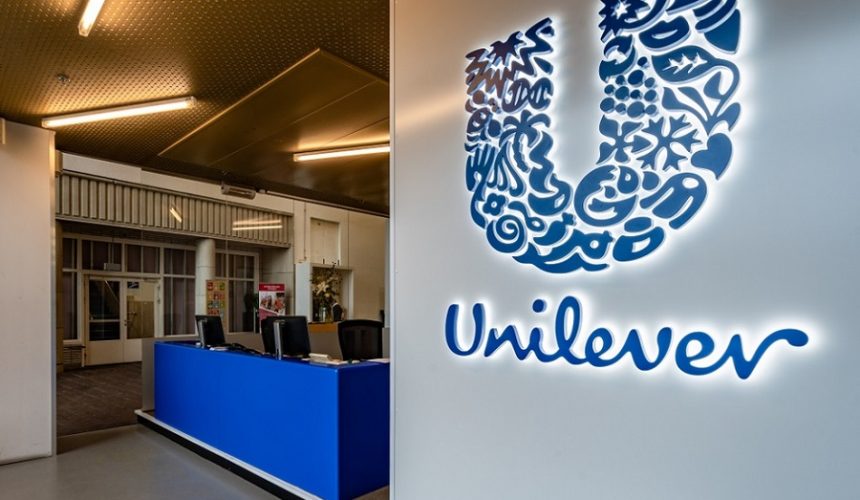Marketers struggle to progress to CEO because they focus too much on marketing rather than the bigger picture, according to Diageo’s Syl Saller, O2’s Nina Bibby and Verizon’s Diego Scotti, who suggest a lack of role models is also preventing CMOs from taking the next step.
Insular thinking, a lack of commercial focus and too few positive role models are preventing marketers from long-term success and taking the next step to become CEOs.
That was the assessment of CMOs from Diageo, O2 and Verizon talking on The Economist’s Wake Up panel at the ongoing Cannes Lions Festival of Creativity.
To be seen as a serious contender for the top job, Syl Saller, CMO at Diageo, said marketers must speak the language of growth, not just in terms of brands, but the entire business and its people.
“When you lead for the company – not for your own agenda, not for the marketing agenda, but for the company – it engenders trust around that board table. In terms of accomplishing your goals and taking the whole company in a more clearly defined direction, you get more traction, because people know you’re doing it for the total company’s benefit.”
Diego Scotti, CMO at US telecoms giant Verizon, added commercial thinking is the only way marketers can ensure business leaders elsewhere in the business take them seriously and understand the breadth of what marketing today is.
“The days of the CMO being the advertising and logo-running person are over. That’s why the only way of getting the tenure of CMOs higher is with CMOs becoming more commercial. There’s no way you can do this job any more by just looking at branding and the creative, you have to have a broader perspective that ties everything together,” he said.
“If most CMOs start looking at their roles as if they were the CEO of the company they would probably be in a better position. They need to start acting like that.”
Marketers lack role models
One of the reasons marketers lack confidence, according to Saller, is because there are not enough positive role models in leadership positions to inspire those ready to take the next step.
“There is a fair amount that sits within us that stops us from going for the bigger job,” she said.
“I would always say I didn’t want the next job, and people that know me well would say that’s very true, but I wonder if that’s because I didn’t see enough female role models in the job that I might have wanted. That makes a difference. The power of role models should not be underestimated.”
Whether that’s CMOs moving up to CEO level, or more women and people with diverse backgrounds taking on the top job, she believes seeing positive examples will encourage more people to make the move and believe in themselves.
“We need to think about these things personally in terms of the risks we’re willing to take and what we could do constructively to make a difference to diversity and also become CEOs,” she added.
Nina Bibby agreed that role models will be hugely important in getting more marketers to become CEOs, and suggested mentoring is one way to encourage marketers to take the leap.
“There are very few CMOs who become CEOs of companies. Mentoring is really important [in helping marketers build confidence] and over time hopefully we’ll get a bit more represented.”
In the meantime, however, she said it’s critical that CMOs have a seat around the executive team table and are vocal in “championing the customer agenda, being commercial and helping the rest of the C-suite understand the importance of investing in the customers”.
“So long as we’re not the CEO we should be in the C-Suite and be a vocal member of the C-suite,” she added.
Source: Marketing Week







Comment
No comments found.